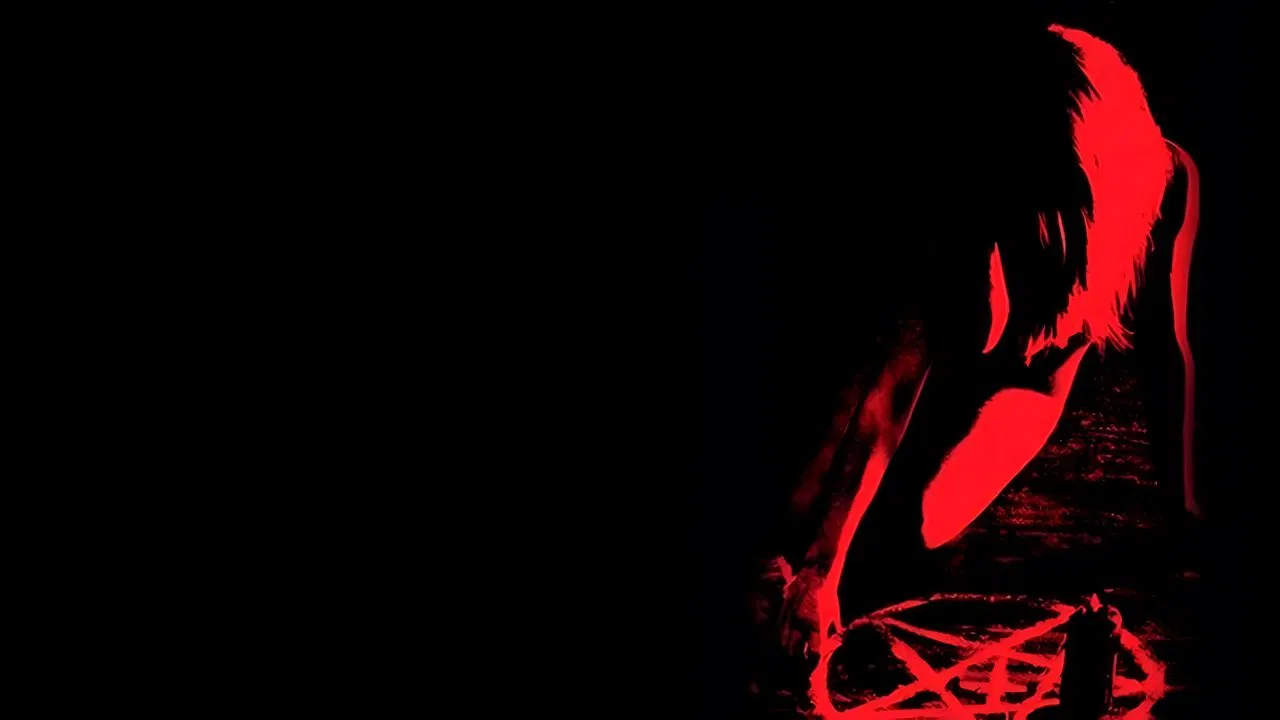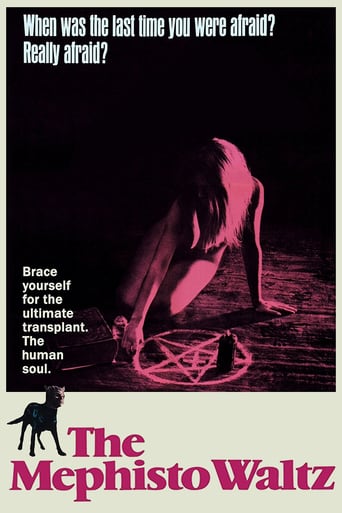

I like the storyline of this show,it attract me so much
... View MoreCrappy film
... View MoreThis movie was so-so. It had it's moments, but wasn't the greatest.
... View MoreIt’s fine. It's literally the definition of a fine movie. You’ve seen it before, you know every beat and outcome before the characters even do. Only question is how much escapism you’re looking for.
... View MoreAnyone who compares this film to Rosemary's Baby apparently never saw the latter. While RB is a great classic, this looks like a cheap movie-of-the-week, complete with a bad acting, a confusing plot, a loud, intrusive score, bad lighting, and a few naughty bits to entice customers in. There were good actors in this who did better movies and I'll bet few of them included this laughable turkey on their resume.
... View MoreGiven its reputation, the overlong and badly dated "Mephisto Waltz" disappoints in spades. I've read about this alleged "horror classic" for decades. Sadly, it wasn't worth the wait.Blame leaden direction from veteran TV and "Gidget" film series director Paul Wendkos, and wooden acting from nearly the entire ensemble. The sole exception is future 007 villain Curt Jurgens' convincing turn as a master pianist with a fractured moral compass.On a positive note, the ending is legitimately original, and Bisset is fun to look at. The film also offers a look at a young Alan Alda the year before before beginning his long residency on the MASH TV series.Unfortunately, we never for a moment buy the two leads as parents of a young daughter. Outlandish plot aside, its pervasive pattern of implausibility on a human level sink this ship before it even leaves the harbor.
... View MoreVery strongly reminiscent of Rosemary's Baby in substance and style, and why not? When did Hollywood not endear itself to cash-ins of other popular films? Jackie Bissett got to do two of them - this one and The Deep.She's great in both. Everyone else is very good, but for Alan Alda, who is merely adequate. Funny, even Bradford Dillman is better here, but then Alda wasn't yet into his stride. This almost reeks of TV movie entrapments, it's a Quinn Martin production, but manages to overcome most of them with a fairly literate denouement.There's the momentary lapse into trite dialog, and silliness, as exhibited by a trip to Mexico where entry into Mexico is announced by a painted billboard on a two-lane highway running past a park with water sprinklers going and with no border guards nor line of cars. Believe me, I went to Mexico in 1971 both from San Diego and inland Calexico, and there was no such sweetheart road of entry.Well, watch it and you'll see what I mean. It's worth a view just for the great opening credits.
... View MoreQuinn Martin Productions venture into theatrical films as opposed to its television work is a tidy little entry in the Satanic genre which the late 1960s and early 1970s were chock full of and it is sad that we do not see such films today.The stunning beauty Barbara Parkins and the irrepressible Curt Jürgens steal the show and turn in performances that dwarf the rest of the cast. This is a low budget film and yet without all of today's special effects it is readily more thrilling and frightening than the typical horror film of contemporary American film.Thank heavens it is on DVD I saw it originally and now eagerly seek to have it for my collection.
... View More